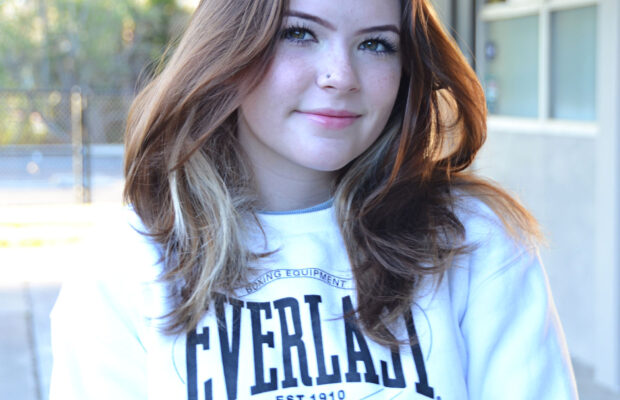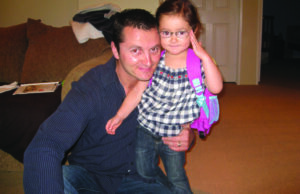Stop the stigmatization of OCD

In reflecting upon my academic career, I have realized that my experiences were quite abnormal growing up. In preschool I had a horrible fear of cavities and would brush my teeth relentlessly. In elementary school, I would empty hand sanitizer bottles and scrub my hands until they were so dry they cracked and bled. Even now, I have panic attacks in the morning if my outfit doesn’t look right or if my room is a mess.
This is what Obsessive Compulsive Disorder (OCD) looks like for me. I have been diagnosed with it since the third grade, and since then I have gone to a variety of child psychologists growing up to learn how to cope with this detrimental mental disorder. This is not what everyone experiences with OCD. Compulsions can come from all sorts of obsessive thoughts, such as orderliness, aggression, contamination, doubt, morality and self control.
In growing up with this disorder, I have been surrounded by the stigma that OCD is a trend about having to be organized. From fellow students to teachers, I have heard plenty of people say, “OMG I am so OCD about this” or “my notes have to be perfect or my OCD will go off,” giving the impression that OCD is the want to be organized and perfect. OCD does not equal organization. Many forms of OCD may involve the compulsion of organizing to feel mentally stable, such in my case, in fear of germ contamination. However, reducing this disorder to mere pet peeve can be very offensive to those struggling with this disorder everyday.
I do not intend to be nitpicky with everything people say in this world, words are words. However, before I leave NPHS, I encourage people to inform themselves on the reality of Obsessive Compulsive Disorder to take a second thought about what they say. You may be an organized, perfectionist person, but you cannot self-diagnose yourself with Obsessive Compulsive Disorder just for being neat. The process of being diagnosed with and treating this disorder is complex and difficult, and words like this from the perspective of people who are struggling feels like a minimization of the issue. In a new era of prioritizing mental health, we should all be considerate and understanding of those who struggle with mental disorders, and prevent any stigmatization of the matter.



